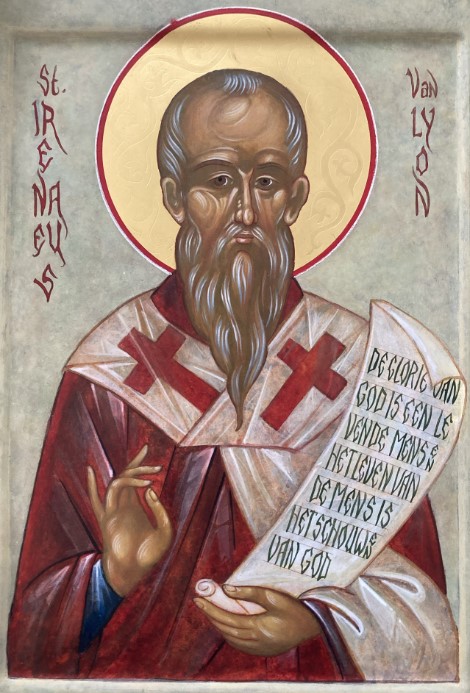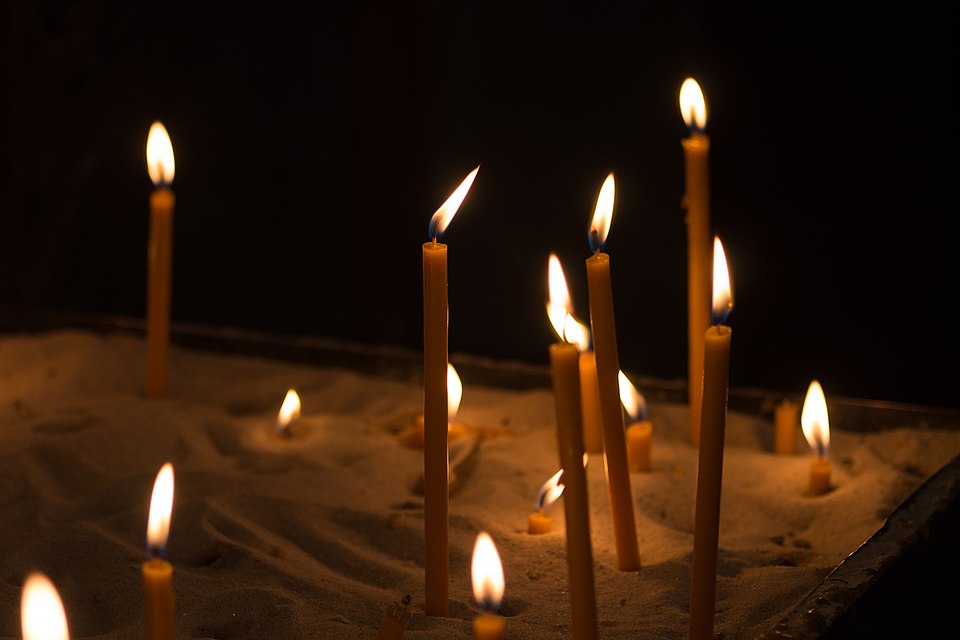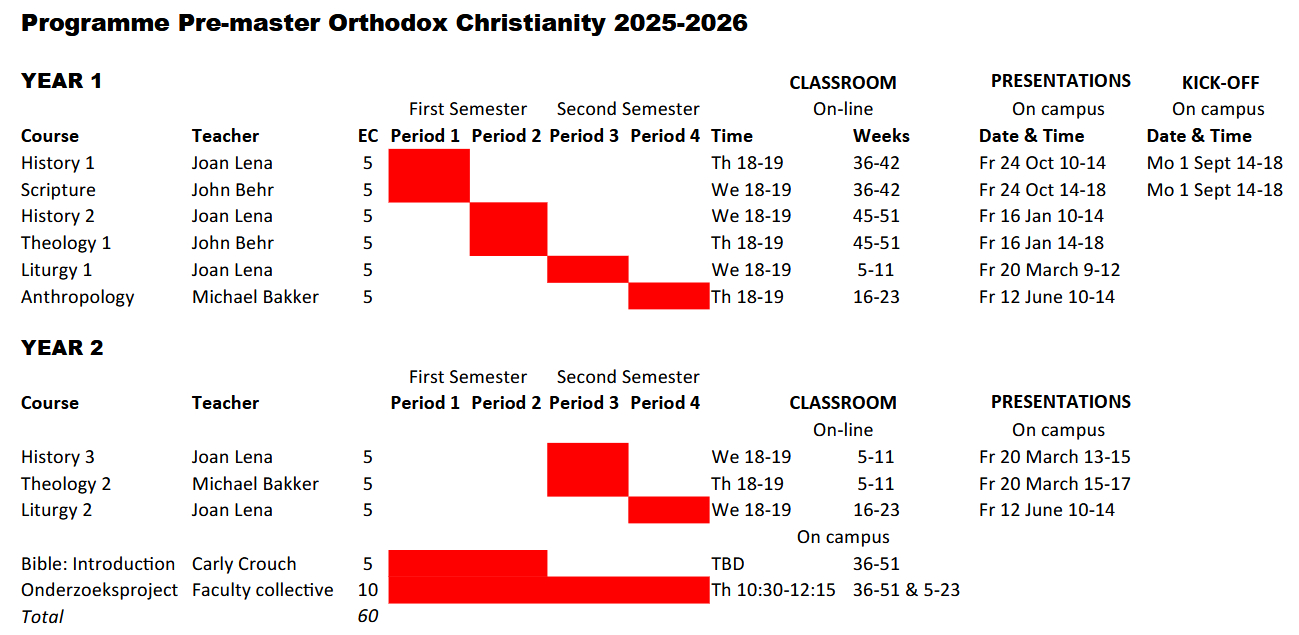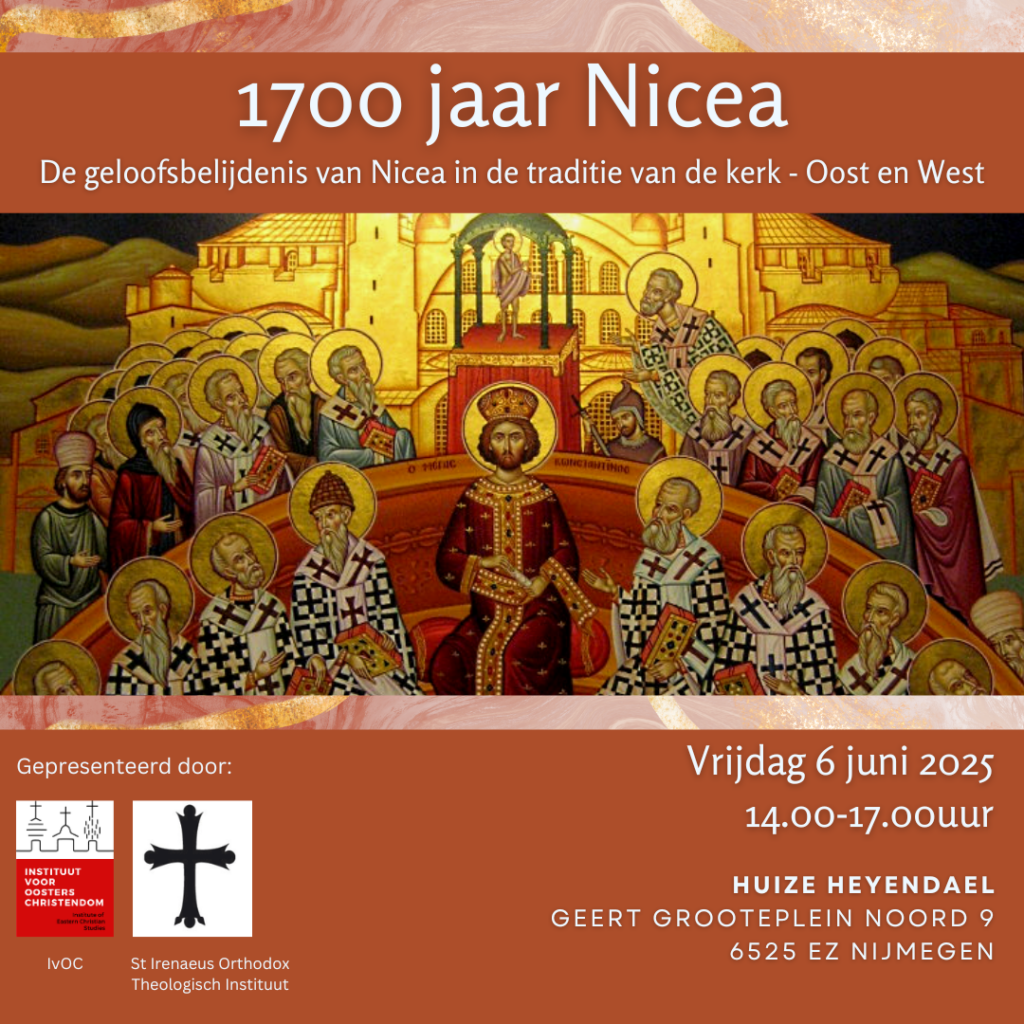In the monastery Our Lady of All Protection in Bussy-en-Othe, France, our team of translators and other specialists gathered for a couple of days to work intensively on a new Dutch translation of the Psalms, based on the Septuagint. The project was initiated three years ago by St Irenaeus Institute.
The Septuaginta (Latin for 70) is the name of the Greek translation of the Hebrew Bible, which according to tradition was composed around the year 200 BC by 72 Jewish scholars in Alexandria, Egypt. It is in fact this translation that was used first and foremost as Holy Scripture by the first Christians. It is also the version which is often quoted in the Epistles by St Paul and in the Gospels. These new books (the New Testament) together with the Septuagint (the Old Testament) form the core of the Holy Scriptures of the Early Church, nowadays usually called ‘the Bible’.
Almost all Dutch translations of the Psalms are based on the so-called Masoretic version of the Hebrew Bible. The Masoretic text, however, was established around the seventh or eighth century AD and differs in places quite significantly from the Septuagint text, whilst the latter shows significant similarities with the Hebrew variants of the Dead Sea scrolls (which are older than the Masoretic text). An obvious difference between the Septuagint and the Masoretic texts are the way in which the Psalms are numbered.
In the Orthodox traditions the texts and numbering as they were used in the Early Church are to this day regarded as basic. Apart from the New Testament and the liturgical texts, in which the Psalms are frequently quoted, the Church Fathers also frequently quote from the Psalms. This is one of the main reasons for a translation into contemporary Dutch.
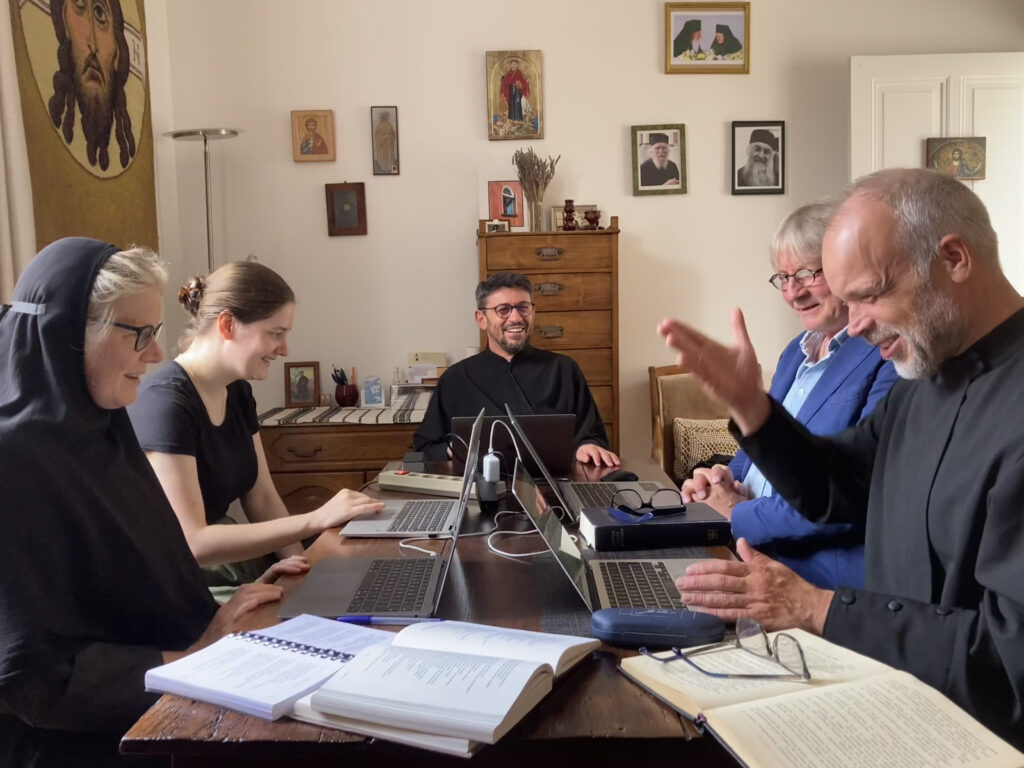
The translation team includes the following members (from left to right): sister Makrina, Orthodox nun in Bussy, who has a wealth of experience in liturgical translations; Menna Rempt, philologist; Father Joan Lena, who took part in composing a new Albanian Bible translation; Nes van Hulzen, Master of Arts in the Dutch language and literature and Father Michael Bakker, who participated in translating the New Testament into Slavonic. The team cooperates closely with the Dutch-Flemish Bible Society(Nederlands-Vlaams Bijbelgenootschap or NBG) and the United Bible Societies.

